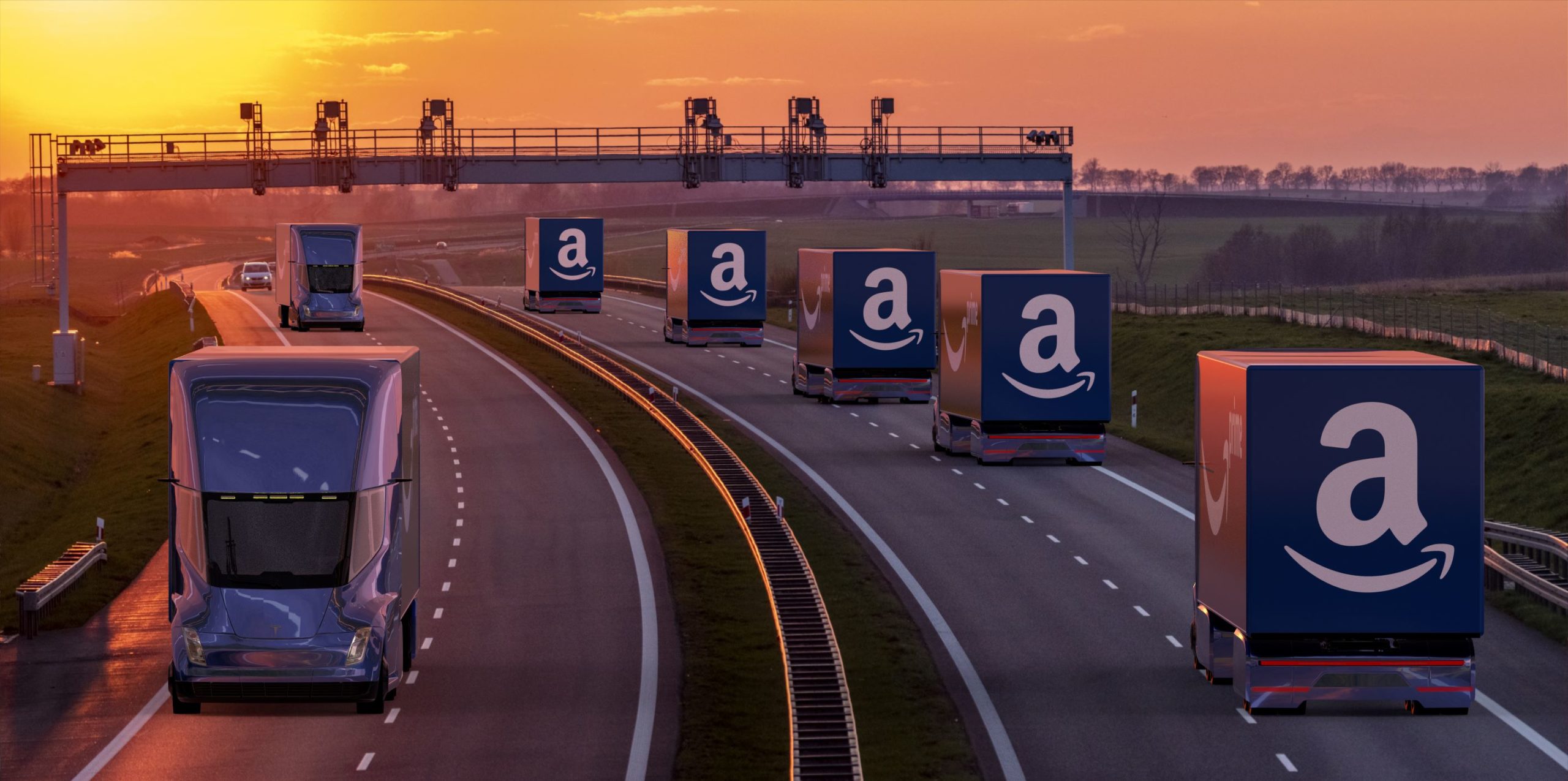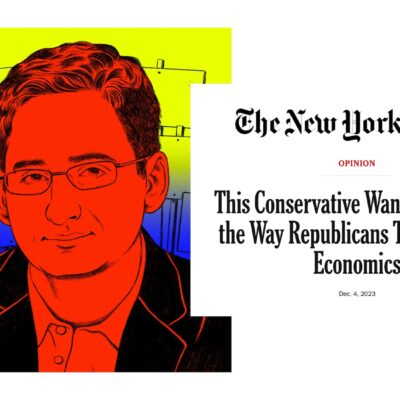

RECOMMENDED READING
In March, I could see that our social response to the coronavirus would be more consequential than the virus itself. Natural disasters can do great damage, but they do not usually change societies. By contrast, mass mobilizations for wars in the modern era have been deeply consequential. The lockdowns and country-wide quarantines have been exercises in mass mobilization of entire societies. (De-mobilization is perhaps more the accurate way to describe stay-at-home orders, but you know what I mean.)
We are beginning to see some of the economic consequences. By this I do not mean overall slowdown of economic activity. This is to be expected. Instead, I mean large-scale shifts in economic patterns, shifts likely to continue once the threat of the virus passes.
This week, the Wall Street Journal reported record profits at Target and other large retail chains such as Walmart, Home Depot, and Lowes. Because these big retail chains sell food and other goods deemed essential, they were allowed to stay open throughout the lockdowns. Moreover—and more important long term—these firms already had online options, allowing them to gain from the sudden shift to virtual shopping.
The success of these big firms is part of a larger story, one that is very likely to favor super-sized enterprises and harm smaller operations.
The first reason is easily evident. The lockdowns caused business disruption. Access to capital allowed firms to bridge the disruption and survive. Large firms are more likely to have access to capital (especially as the stock market rebounded), and so they are always more likely to survive the lockdowns. Thus the first principle of giganticism: If you want big firms, cause business disruptions.
The CARES Act and subsequent refunding sought to override this principle by providing $1 trillion to firms with fewer than 500 employees in the PPP loan program. In this instance, the federal government guaranteed access to capital for small businesses for a period of time.
The phase of cessation of business activity required by the lockdown is largely behind us. Today, we face a different and longer-lasting period of economic disruption.
Had the lockdowns lasted 4-6 weeks, as initially proposed in late March, the ongoing effects might have been minimal. But as time went on, it became evident that the lockdowns were generating secular changes. One is much commented upon: the relative success and popularity of at-home work. If stay-at-home defines the future for white-collar work, then we’ll see profound changes in office tenancy, community patterns, and residency choices. It will bring a period of profound creative destruction with far-reaching consequences.
I’m a New Yorker and I do not look forward to vacant midtown office building. But that’s not my concern. I want to point out that the economic-cultural changes triggered by mass mobilization to “defeat” the virus will be hugely expensive. And the more rapidly they occur, the more likely opportunity and profit will flow to just a few super-sized firms. This will happen, not because they have the best products or services, but because they have access to the huge amounts of capital needed to bridge from pre-COVID patterns of work, shopping, and recreation to whatever comes after.
The economists in our conversation will tell me that greater giganticism is exactly what happened after the financial crisis. Home building, banking, REITs—they ended up more highly concentrated after the crisis, not less so. Our present crisis has economic effects far more widespread (the entire economy, given the lockdowns). Thus, the tendency toward business concentration and corporate (and nonprofit) giganticism is likely to be even greater and more widespread. Target and Walmart’s surging sales are just the beginning.
Greater giganticism foretells political changes as well. Small and local businesses promote a different kind of culture than do very large businesses. Owners and employees often know each other. They live in the same towns and regions. As a consequence, the interests of capital owners tend to dovetail more readily with the interests of wage earners.
A rich ecosystem of small and mid-sized businesses also generates what David Goodhart calls “Somewheres” among capital owners, as opposed to “Anywheres.” The latter mentality flourishes in the upper echelons of super-sized corporations, which compete globally. In my experience, the owners and corporate executives of regional firms were more likely to support Trump in 2016 than those engaged in global markets (finance) or working for and with Fortune 500 firms. Populism and anti-populism among owners of capital seems to track firm size.
I prefer a political ecosystem with more Somewheres than Anywheres. But that’s not my topic here. My point is that corporate giganticism, if it accelerates, is certain to change our political culture, giving the upper hand to a more globalist, more technocratic and managerial outlook over older notions of republican governance.
For example, I do not believe that rising skepticism among some liberals about the Electoral College or Senate filibuster stems solely from calculations of partisan advantage. It is rooted in the declining plausibility of local and regional prerogatives. This decline strikes me as a natural outcome of giganticism. Someone who operates as an employee, strategist, or share-holder in a super-sized global company is easily baffled by the fact that a few hundred thousand people in North Dakota can stand in the way of what he regards as sensible and necessary policies.
Modern wars require mass mobilization. The United States came out of World War II with a changed economy, and the consolidation of 1950s middle class life (underwritten by the changed economy) transformed American politics and culture.
In recent months we have embarked on an unprecedented project of mass mobilization. We still don’t know its lasting implications. But such a remarkable undertaking is likely to change our economy in significant ways, destroying many local businesses and super-sizing many already very large corporations. This in turn is likely to change our politics and culture, making us more “globalist” in sentiment and more thoroughly dominated by Anywheres.
It’s not a future I look forward to. GDP will bounce back, but probably in ways unhealthy for our society. We are going to need to restore a balanced economic ecosystem, one friendly to local and regional firms and able to restrain giganticism. I hope my policy-minded friends here in the Commons can think of sensible government interventions to achieve those goals.
Recommended Reading
Realignment Politics with Jerry Seib, Michael Brendan Dougherty, and Tim Chapman
What does the right-of-center’s economic debate mean for political leaders and how is it being translated into electoral politics in 2024 and beyond?
Freedom, Fairness or Flourishing: America’s Fundamental Economic Policy Choice
Knowing that many Americans see flourishing as the right goal, both the freedom and fairness camps claim their policies generate flourishing. But mostly they don’t.
This Conservative Wants to Change the Way Republicans Think About Economics
In an extended New York Times interview, Oren Cass discusses the importance of labor to conservative economics.













